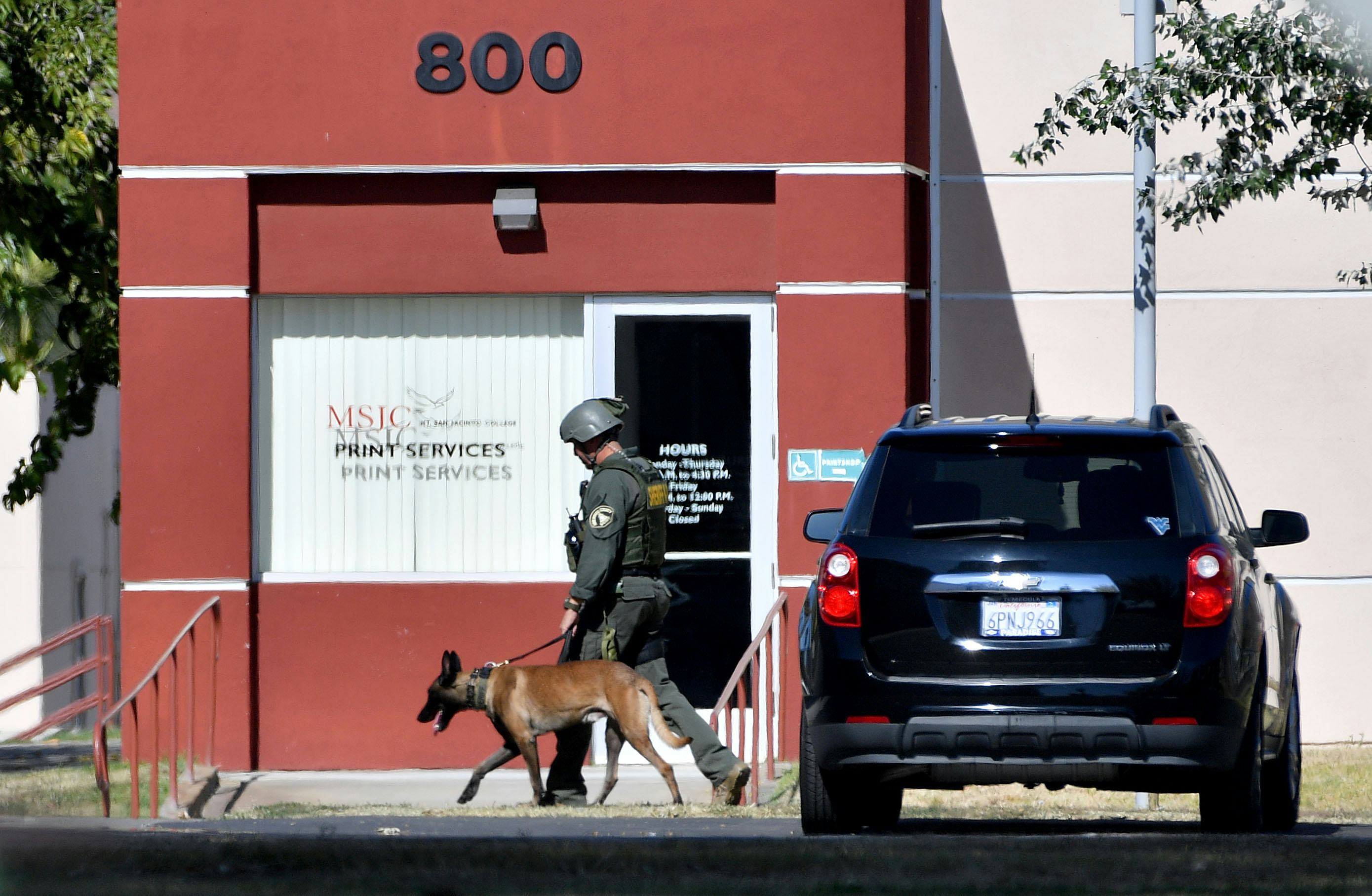
The Supreme Court of the United States unanimously ruled on Wednesday that police do not have the unchecked right to pursue a suspect into their home for a minor crime without a warrant first — a seemingly obvious point that nonetheless evidently required a Supreme Court decision to affirm.
The case in question, Lange v. California, centers on the 2016 arrest of a California man who, per the court's summary of the ruling, "drove by a California highway patrol officer while playing loud music and honking his horn." When the officer gave chase, Arthur Lange "drove a short distance to his driveway and entered his attached garage" about 100 feet down the road. The officer then followed him inside — crucially, without having obtained a warrant first — gave Lange a blood alcohol content test, and ultimately arrested him for driving under the influence. When Lange attempted to have all the evidence gathered by the officer in his garage tossed out, the California courts successfully argued that "pursuit of a suspected misdemeanant always qualifies as an exigent circumstance authorizing a warrantless home entry."
Writing the majority opinion, Justice Elena Kagan acknowledged that there are instances when police — even while pursuing someone suspected of only minor infractions — can indeed enter a home without a warrant.
"An officer must consider all the circumstances in a pursuit case to determine whether there is a law enforcement emergency," Kagen wrote. "On many occasions, the officer will have good reason to enter — to prevent imminent harms of violence, destruction of evidence, or escape from the home."
Ultimately, however, "when the officer has time to get a warrant, he must do so — even though the misdemeanant fled."
In other words, there is no blanket authority for police to engage in a warrantless entry into a suspect's home if that person is believed to have committed a misdemeanor. Justices Brett Kavanaugh and Clarence Thomas each offered their own concurring opinions, which largely agreed with Kagan's reasoning, but stressed a number of legal precedents which could be used to carve out exceptions in certain situations.
Earlier this year, the court ruled unanimously in a separate warrantless search case, stating that police in Rhode Island had overstepped the Fourth Amendment "community caretaking" exceptions for warrantless searches when they entered a home to confiscate a man's guns following a domestic disturbance call.
Lange's case now returns to the California courts, where "further proceedings" will take place that uphold Wednesday's SCOTUS decision.







